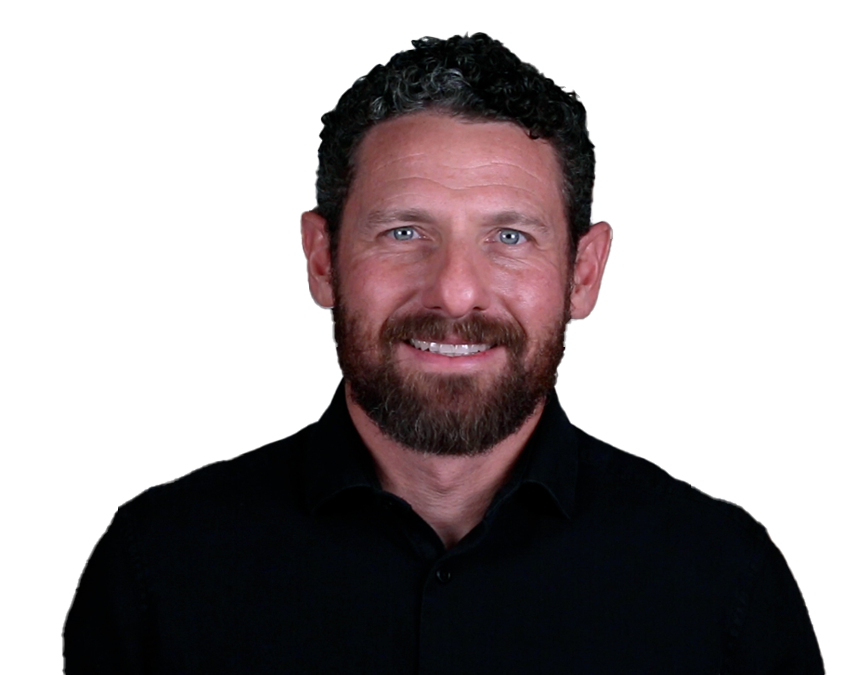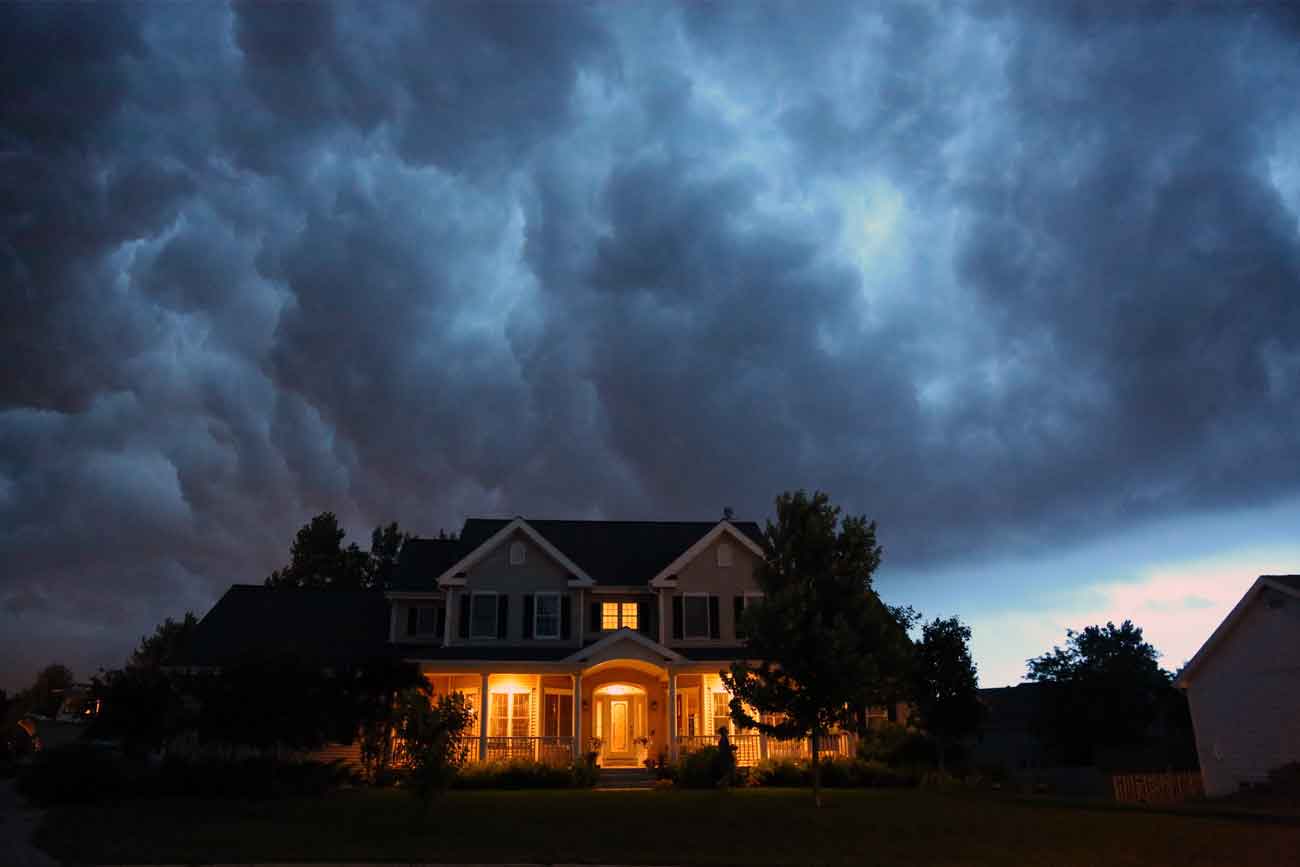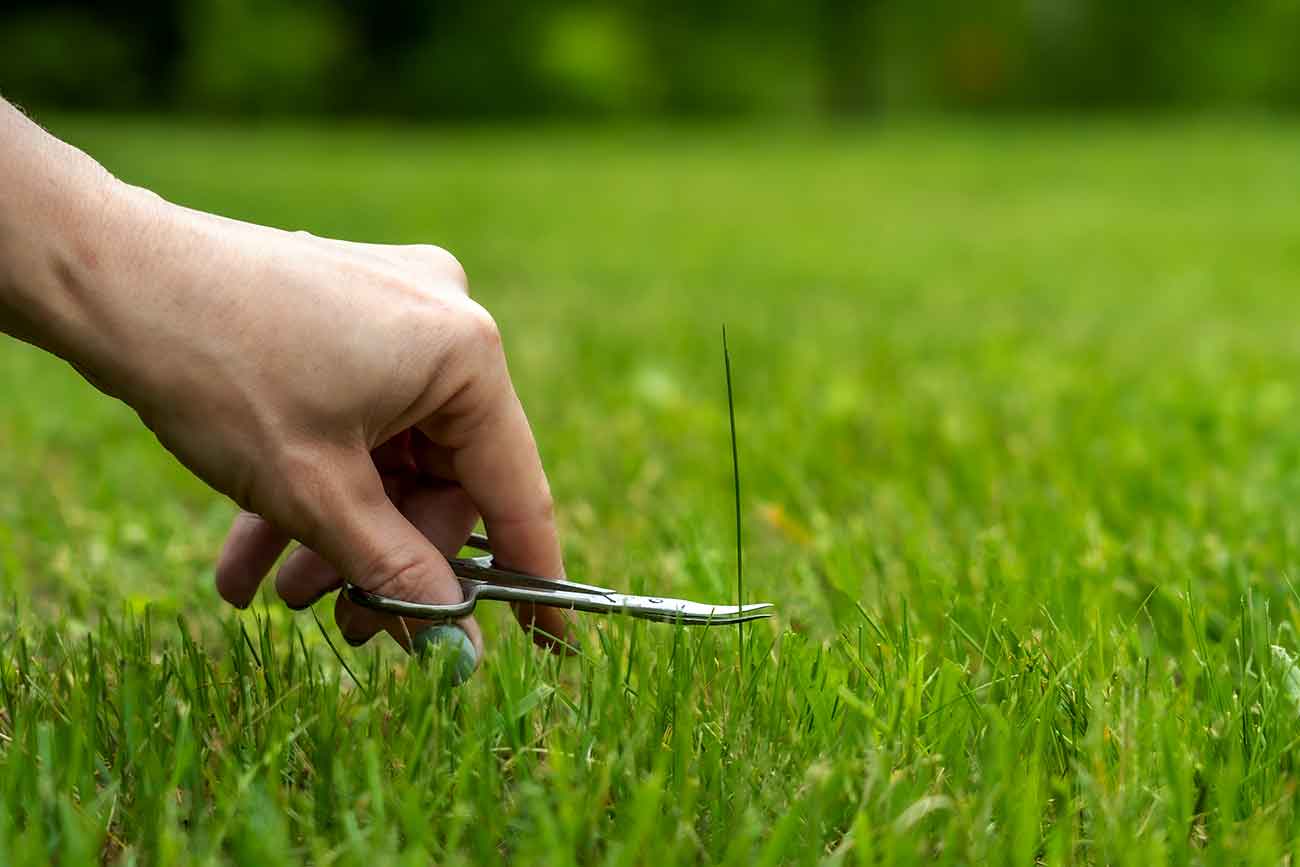Is This A Crisis? How to Tell Urgency from Noise – a 1½-minute video — with Dr. Daniel BE
With constant news updates and rising tensions, it’s easy to feel like we’re in a perpetual state of crisis. This heightened state of anxiety and stress is taking its toll. According to a report by The Washington Times on October 15, 2024, more than 60% of adults have expressed that the contentious presidential race has taken a toll on their mental well-being, as revealed by a Forbes survey which also highlighted that the strain has strained some relationships.
In a recent email sent out to our mailing list, we inquired about your experiences with election anxiety. The majority of respondents shared that they feel as if we are currently in a crisis. Given this feedback, we believe it would be beneficial to provide some insights on navigating our world when it feels like we’re in a crisis.
Dr. Daniel BE, a Licensed Clinical Psychologist, discusses the emotional skills needed to know when anxiety is fueling the fire and how you can stay grounded, steady, and true to yourself.
How We Respond to Perceived Crises
When people perceive a crisis, whether it’s election anxiety or other forms of social unrest, they experience both physical and psychological responses rooted in our survival instincts. These reactions, often referred to as the “fight, flight, or freeze” response, are essential for human survival in the face of danger. Even though modern stressors like political events don’t pose immediate physical threats, our bodies still react as if they do.
What Happens In Your Body
What Happens In Your Brain
Psychologically, our perception of crisis can distort how we see and relate to our world. The brain’s amygdala, responsible for processing emotions, becomes highly active during stress, often overriding the prefrontal cortex, which handles rational decision-making. This can lead to heightened feelings of fear, anger, and a tendency to see situations in more extreme or polarized ways. This phenomenon, termed an “amygdala hijack” by Daniel Goleman in “Emotional Intelligence” (1995), explains why people may react impulsively or experience heightened fear and anger during stressful times. This response can be advantageous for dealing with immediate physical threats but is less adaptive for managing prolonged, abstract stressors like political crises.
Skills for Dealing with Crisis
Humans respond this way to perceived crisis situations because our brains are wired to protect us from harm. However, understanding the sources of our emotions and finding healthy ways to deal with stress, such as the emotional skills taught in counseling at BEing There, can help mitigate these impacts and enable grounded, calm choices in chaotic times.









































